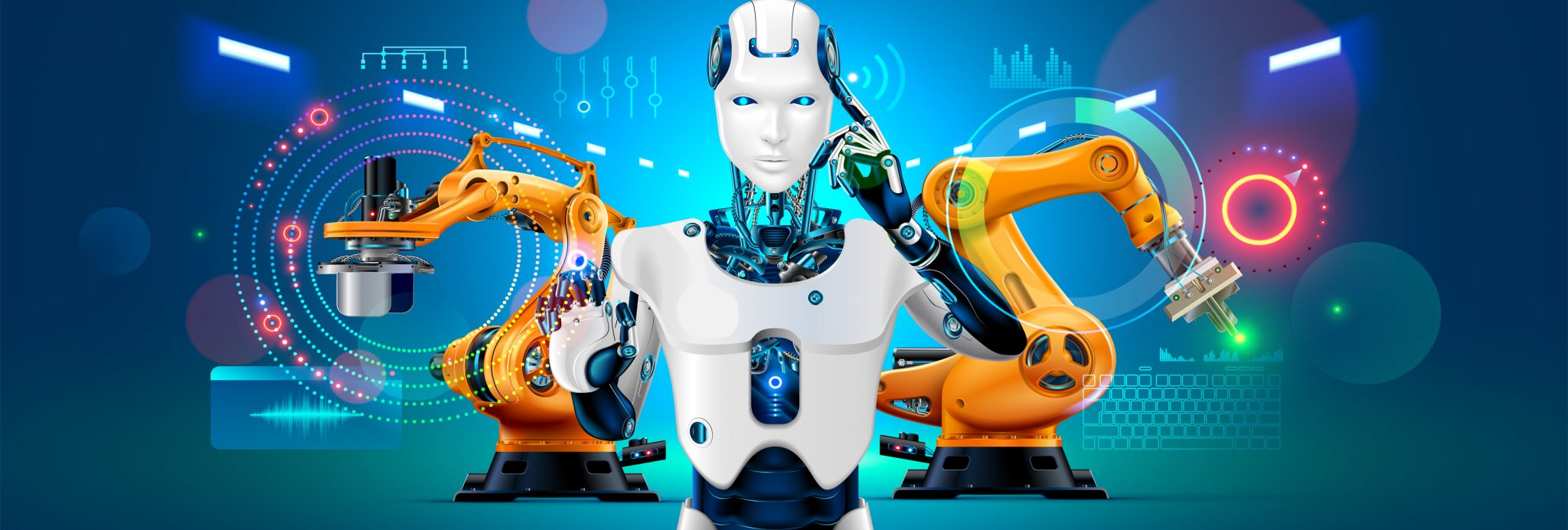How Automation has changed the world?
With automation displacing numerous jobs in a variety of industries, those considering a career in human resources or currently engaged in HR are understandably anxious about whether automation will also displace their jobs. While no guarantees can be made because technology is continuously improving and changing, this field is in a great position to retain human labour.
Many jobs have already been lost to automation, and more will be lost in the future. Jobs in the manufacturing sector have been particularly heavily damaged. Unfortunately, most businesses will pick robots over human labour if given the option, because robots are often cheaper and more efficient. This isn’t always the case, though; just because it’s possible to replace labour with machines doesn’t imply it will. The cost of developing and deploying the technology, as well as the return on investment, are also important considerations. If an employee’s job is in jeopardy, they have a number of options. They can position themselves as someone who can manage and supervise automated processes, train for a different line of work, or provide such a high level of human value that replacing them is a bad idea.

Need for reskilling
Technology is changing at a breakneck pace, leaving many individuals and their abilities in the dust. Process employees, in particular, will need to be reskilled for a world in which they will be required to be entrepreneurial and innovative rather than simply follow instructions. Emotional intelligence, for example, will become more important than technical skills. HR’s role to assist in the development of a workforce with the digital skills that will be required in the future user interface design, customer service, strategy, and creativity are just a few areas where humans still outperform machines. HR will also have to assist current employees in transitioning to new skills, technology, and organisational structures.
Imapct on HR professionals
In general, jobs that need a high level of social interaction are less likely to be automated in the near future. HR professions are unlikely to be replaced because they require this set of abilities. Human resource managers, in fact, are one of the positions least likely to be automated in the future, according to MSN. Jobs that need you to supervise others are less likely to be automated in the future. HR occupations are unlikely to be replaced by machines, along with other subjective, medical, and creative jobs such as writers, lawyers, and dental experts. Human resources necessitate continuous face-to-face human engagement. HR practitioners must be able to think critically and adapt to the details of each scenario they face. Each employee and candidate at a company is unique, and an automated HR department will not be able to meet their demands. Allowing automation to completely replace the hiring process would be bad, as employers would have a poor sense of fit for the job and would overlook superior individuals with less appealing qualifications on paper.
Cloud-based HR applications to the rescue

Perhaps more importantly, the cloud can help HR become more flexible and responsive to the needs of the company. Agility can be aided by cloud-based HR applications in a variety of ways. In comparison to in-house IT professionals, the cloud vendor is usually in a better position to update technology more regularly. HR can add new services and applications as needed in various cloud configurations. A corporation may desire to employ solely recruiting tools at first, but subsequently realise that it needs to incorporate remuneration or talent-review tools, for example: When a provider provides a broad set of HR skills, this is a relatively simple modification. Because the vendor is in the business of keeping up with technology and in a position to weave it into its cloud solutions, HR’s cloud vendor choices may evolve over time to embrace newer developing technologies. These elements combine to make it easier for HR to embrace technology to drive innovation and restructure itself into a business agility enabler.
Conclusion
Payroll and benefits administration has the most potential for automation in the future. Artificial intelligence systems will very certainly have little issue distributing them effectively. This will save HR employees time and allow them to concentrate on the most important aspect of their job: interacting with employees. When it comes to going through resumes, applicant tracking systems already do a lot of the heavy lifting, but humans are still needed to complete the recruiting process. Timesheets, time off requests, and expense claims are some of the other functions that can be automated. Because no one can forecast the future or how far technology will develop, it’s possible that many HR professions and services will be automated in the future. The need for complicated human interaction in HR, on the other hand, will prevent machines from totally taking control. Human resources are unlikely to be totally mechanised in the near future.










Thank you for explanation me Role of hr in agile and automated world. I appreciate your value able points on this blog and experience also. totally this is interesting for all our topics. I want tell you one thing , I would like to recommended you , This is golden opportunity for our beginners.
Thank you for sharing this informative information about this Hr strategy in the vuca world. I like their blogs. This is so helpful information for our beginners.
Hi I am Ravi chandra , I appreciate you giving this useful information about the HR strategy used in the vuca industry. I enjoy reading their blogs. For our newcomers, this knowledge is quite useful.